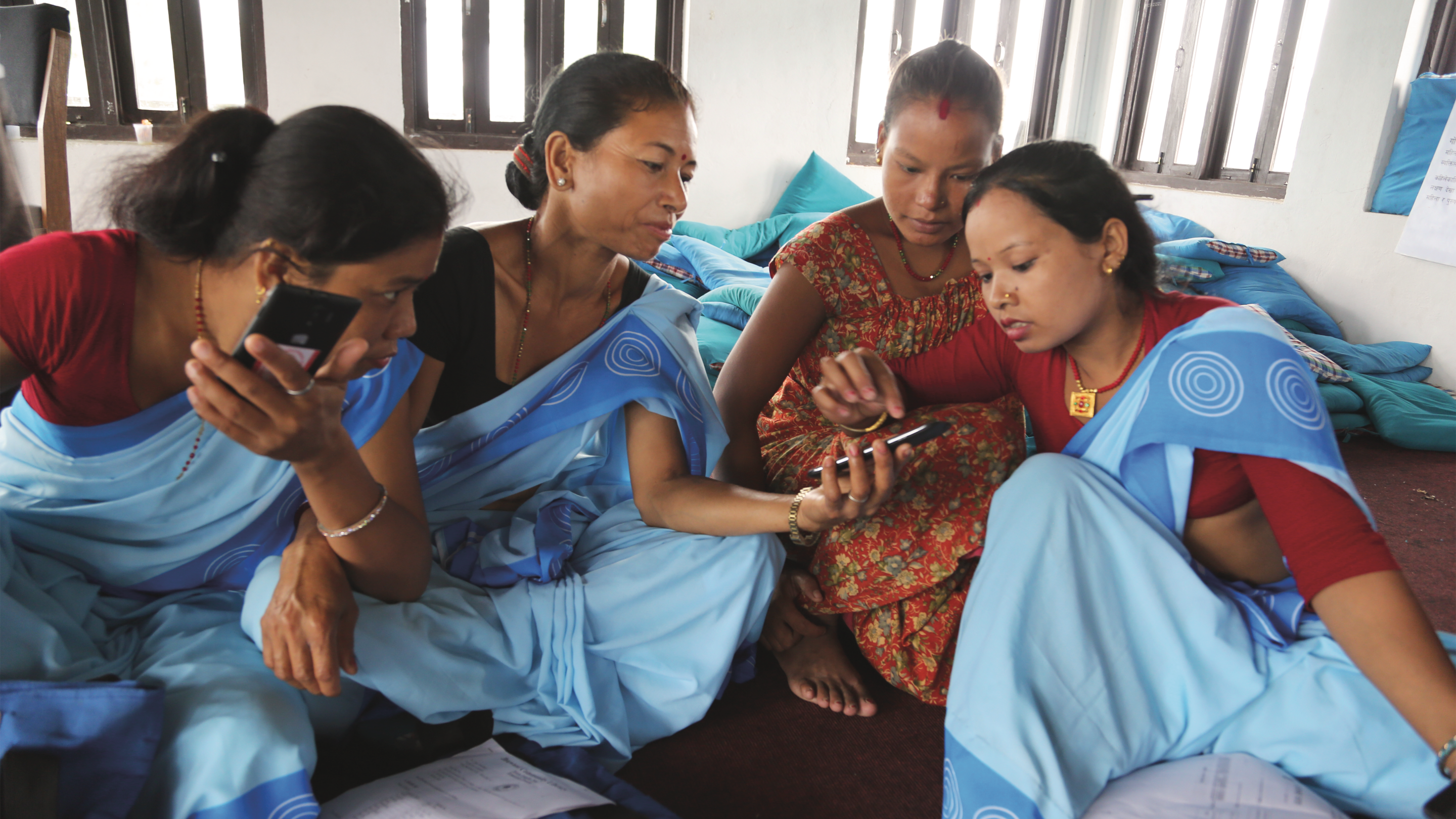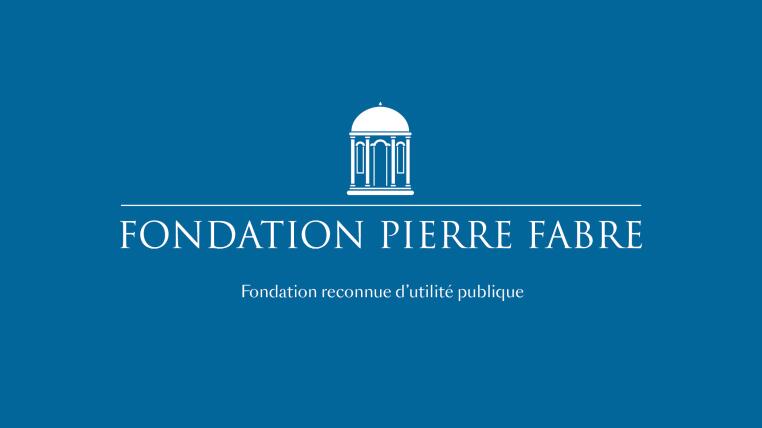
Pierre Fabre Foundation: The fulfillment of the Group's humanistic values among the most vulnerable.
Our group is a pioneer in the French industrial landscape due in large part to the Pierre Fabre Foundation, which has been recognized as being a public benefit foundation since April 6th, 1999.
Discover the Foundation’s website
A foundation born in response to the unequal access to quality medications between the North and South.
In 1995, Mr. Pierre Fabre bore witness to one of the most serious cases of fake medicine usage responsible for more than 3,000 deaths. He was in Niger at a time when the country was struck hard by a meningitis epidemic. Alarmed by the flagrant ineffectiveness of the injections, he requested a sample when leaving the country. The result was chilling: it was just distilled water! This is where his commitment began!
Mr. Pierre Fabre then created the foundation, entrusting it with the mission to provide developing countries and those in crisis with access to quality care and medicine... in line with basic moral and ethical values.
In 2008, he donated most of his group shares to the foundation, which then became his sole heir when he passed away in 2013. The Foundation owing 86% of the Pierre Fabre SA capital guarantees the group’s long-term respect for its independence and values.
Since its creation 20 years ago, the Pierre Fabre foundation has carried out numerous actions in developing countries. There are currently 34 active programs across 19 different countries, focusing on our five areas of action.
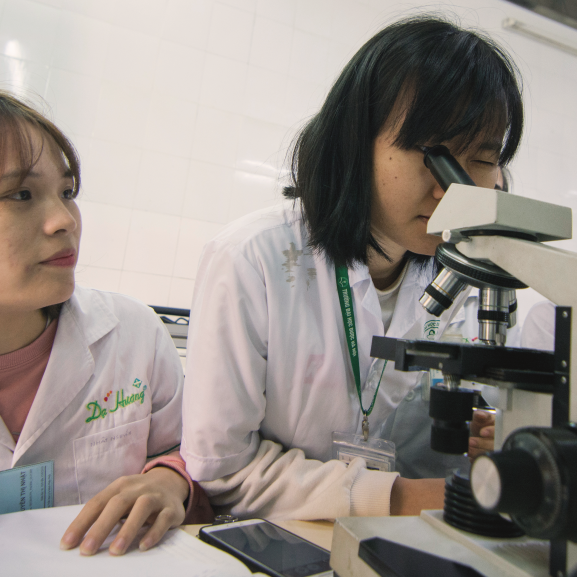 Picture: Pharmacy students at the faculty ofHanoi, Vietnam / © Micka Perier
Picture: Pharmacy students at the faculty ofHanoi, Vietnam / © Micka Perier
Training is a priority public health issue for the Pierre Fabre foundation. Indeed, being able to rely on their own medical professionals and qualified people it is an invaluable source of progress for developing countries.
The development of basic health care is very uneven in developing countries. This a basic human right!
The foundation is fighting so that developing countries and those in crisis situations are able to benefit from basic health care.
Drepanocytosis is the most widespread genetic disease in the world. Nevertheless, it’s hardly spoken about while still affecting over 300,000 children in sub-Saharan Africa each year.
Since 2006, the Foundation has been on the ground, focusing its action on neonatal screening and access to health care.
Skin conditions are one of the primary reasons for medical attention in developing countries. However, due to a lack of training for healthcare staff, they are often considered as a low-priority. When not treated, these conditions can cause severe complications.
The foundation is involved in teledermatology, meaning healthcare workers are trained and technical means are provided to enable the most complex cases to benefit from testing with a specialist dermatologist.
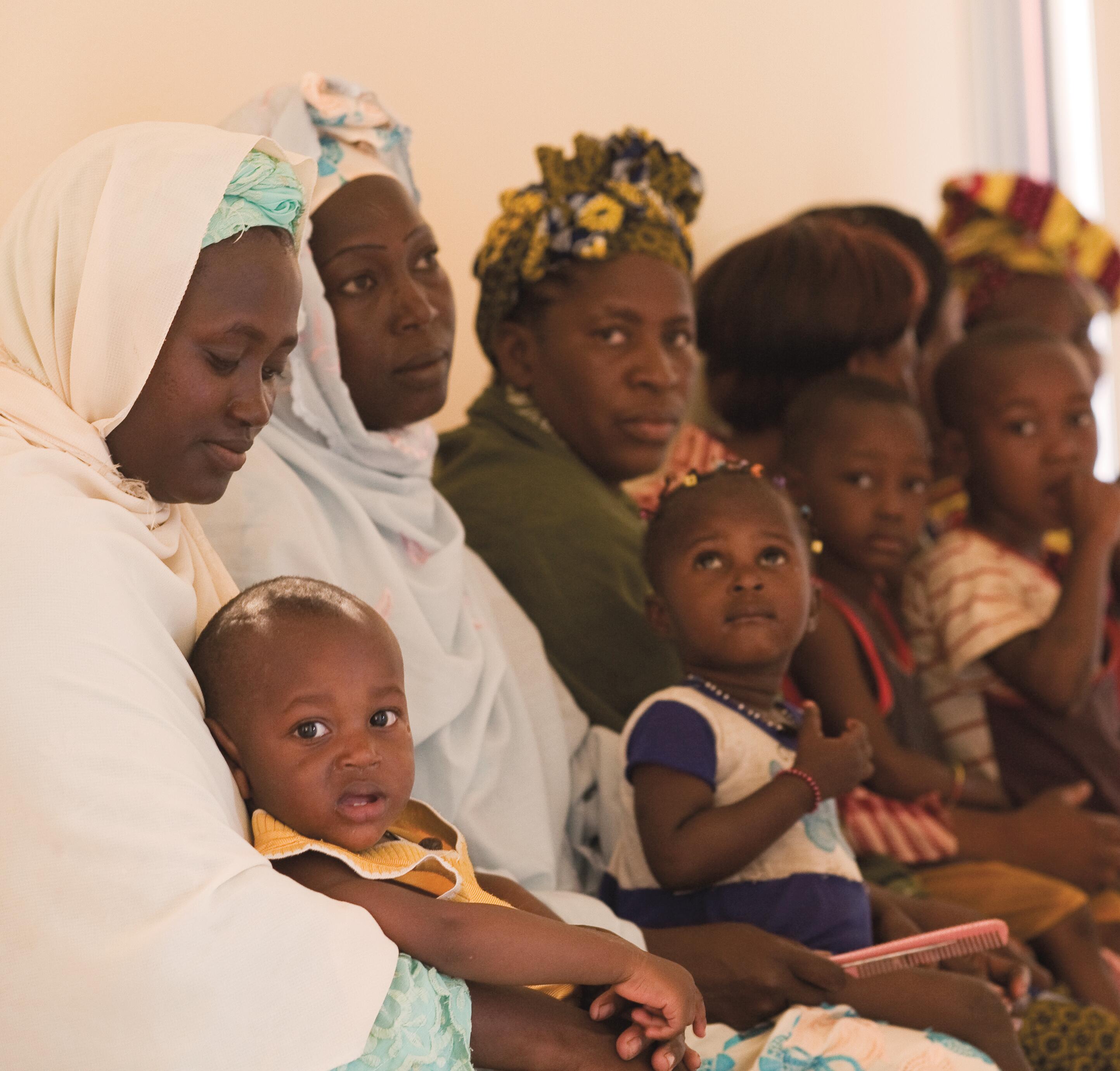 Picture: The center of the fight against drepanocytosis© Pierre Fabre Foundation
Picture: The center of the fight against drepanocytosis© Pierre Fabre Foundation
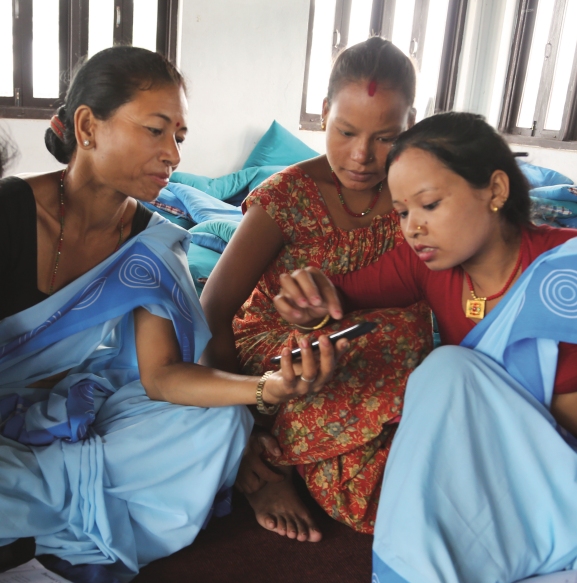 Amakomaya, the web application to support and accompany pregnant women.
Amakomaya, the web application to support and accompany pregnant women.
With 95% of the world's population benefiting from cellular network, e-health solutions can be very useful to improve health care coverage and service quality. It helps address certain obstacles regarding access to care including economic, geographical or social factors and a shortage of medical staff.
The foundation identifies and provides financial support for innovative initiatives in this field.

